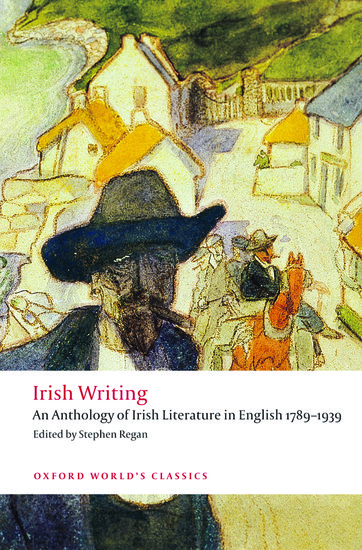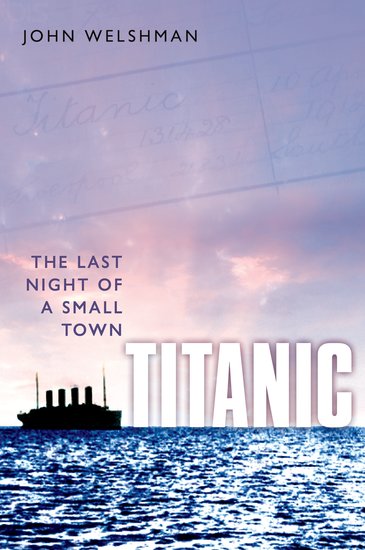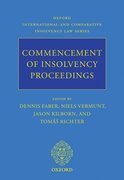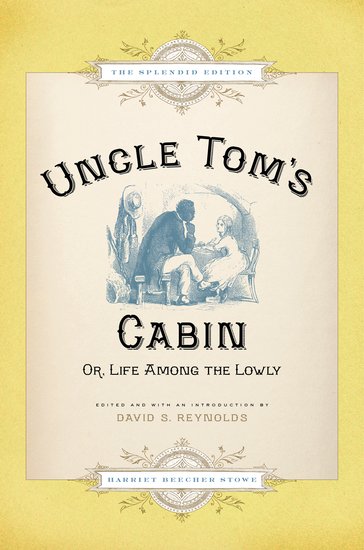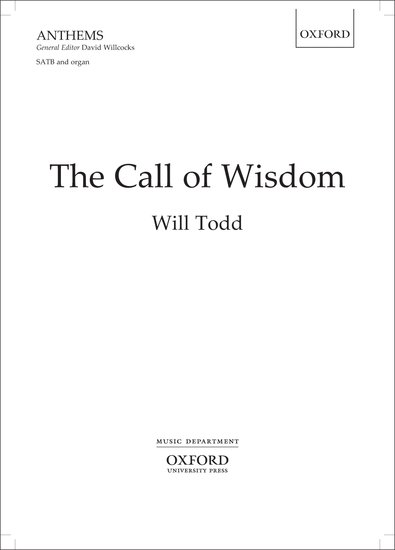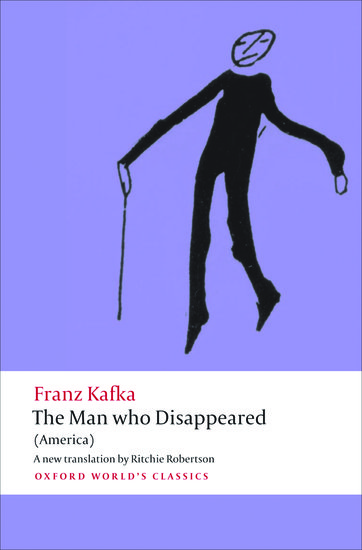Elizabeth Bowen in European modernism and the awakening of Irish consciousness
By Stephen Regan
Elizabeth Bowen was born in Dublin on 7 June 1899. She grew up in an elegant Georgian house on Herbert Place, close to the Grand Canal, hearing the busy rattle of trams going over the bridges and the lively bustle of barges carrying timber to a nearby sawmill. Her memoir of early childhood, Seven Winters (1942), recalls the sights and sounds of Dublin city life with striking clarity and immediacy. It both registers the unique and specific details of the author’s early years and takes up its place in a marvelously rich tradition of Irish memoir and autobiography.







